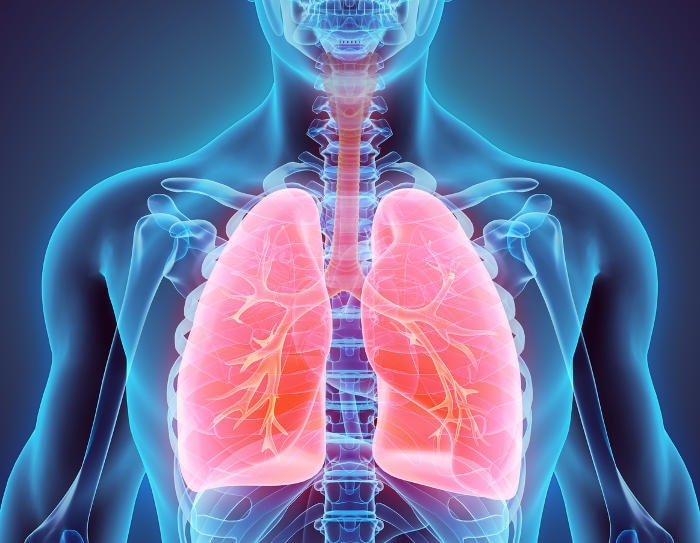There's something special in the air. Something that can help us treat lung diseases such as emphysema, pulmonary fibrosis and even COVID-19 not only with drugs, but with the regeneration of the lung cells themselves. The work of a group of researchers from Center for Regenerative Medicine (CReM), a joint venture between Boston University and Boston Medical Center, can make a difference.
The journey of discovery
The CReM team of researchers has long been on a long journey. A scientific journey, of course: with the aim of grafting cells into damaged lung tissue to regenerate the airways or alveoli of the lung.
But how do you make these cells "take root" so that they last a long time and are functional? The answer may lie in lung stem cells.

The art of lung cell engineering
The team focused on developing ways to engineer each of the stamina cells of the lung in the laboratory using pluripotent stem cells. Once this process was perfected, they developed methods for transplanting these cells into experimental mouse models with injured lungs.
In their study entitled “Airway Stem Cell Reconstitution by Transplantation of Primary or Pluripotent Stem Cell-Derived Basal Cells” (I link it here), CReM researchers explored the airways of the lungs. These airways are lined by an epithelium that has well-defined stem cells called “basal cells”. Cells that are responsible for maintaining these airways throughout life.
The future of regenerative medicine
Darrell Kotton, corresponding author of the study and director of CReM, explained enthusiastically. “By differentiating pluripotent stem cells into airway basal cells in the laboratory, we were able to use these cells to reconstitute injured airways.”
It's not all. In their second study (that I link to you here), the CReM researchers targeted the pulmonary alveoli. The team developed methods for grafting engineered cells into the alveoli, the region of the lung responsible for gas exchange.
A dream that becomes reality
Martin Ma, first author of the first study, is enthusiastic: “We hope that this work paves the way for new therapeutic approaches in which induced pluripotent stem cells can be created from any patient with lung disease, differentiated into lung stem cells in the laboratory and used to the transplant.”
And for those suffering from genetic lung diseases? The solution may be at hand. Michael Herriges, PhD, first author of the second study, added: “It is possible to genetically modify cells in the laboratory before transplantation. This means that the newly grafted cells will have had their gene mutation corrected and should be free of the disease.”
Regenerating the lung, a sigh of hope
According to Kotton, these studies represent the culmination of 20 years of research. Of course, treating lung diseases like emphysema, pulmonary fibrosis, and COVID-19 will require a lot more research, but we have hope. Perhaps, in the not too distant future, we may see children and adults with familial forms of lung disease treated with this type of approach.


